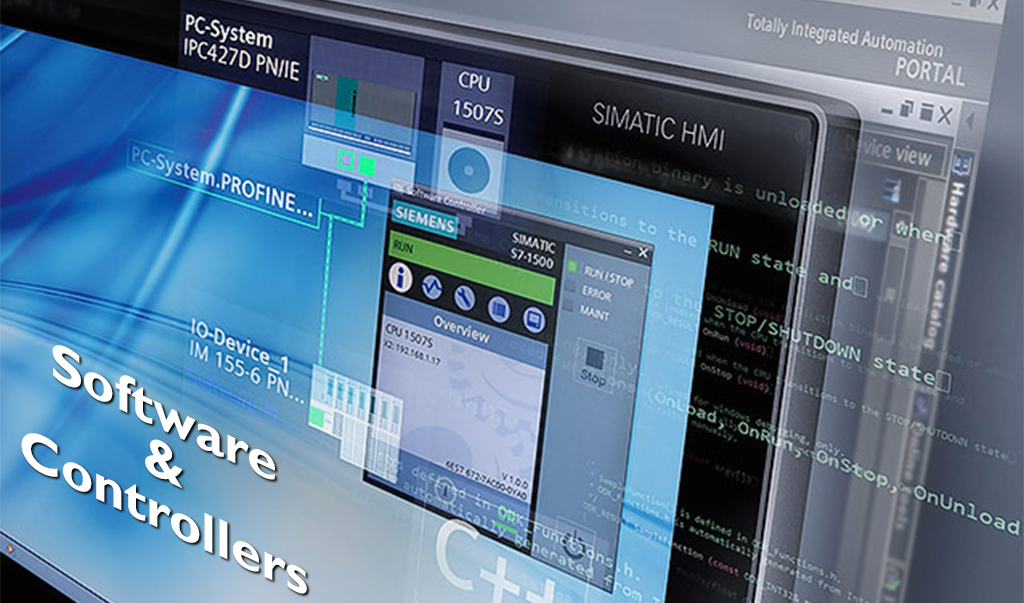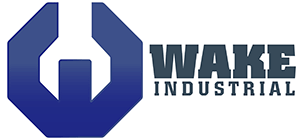The Future of Software and Controllers
28 September, 2018

In today’s society, technology is constantly evolving to become smaller, faster, smarter and easier to operate. One area where you can see this evolution happening is in the Automation Industry. At the center of any automated system are controllers and industrial computers. These devices are used to control machinery and process other complex operations. While hardware continues to advance, software has grown to become the most critical piece of industrial control. The advancement of software has led to extensive change in the way we interact with controllers and computers. Being able to attain a single access point for visualization and control has always been difficult to achieve, and while there has been some advances made in combining the two, it has been only recently that companies are making real progress on ways to simplify everything. The simplicity of a single access point allows for a higher degree of real-time control and distributed intelligence to control ecosystems. To meet customer demands of wanting to send increasingly large amounts of data swiftly, automation suppliers are expanding communications capabilities of their control products. The result of this means increased execution, response, scalability and synchronization. Integration of these systems helps achieve a more efficient operation which is always beneficial. Bosch Rexroth, one of the most well known names in the industry, is one of ten companies working to develop standards in anticipation of next-generation communications. By working together, companies can create best practices that can be used throughout the industry. As technology continues to improve, we can expect great things for the future of automation.










